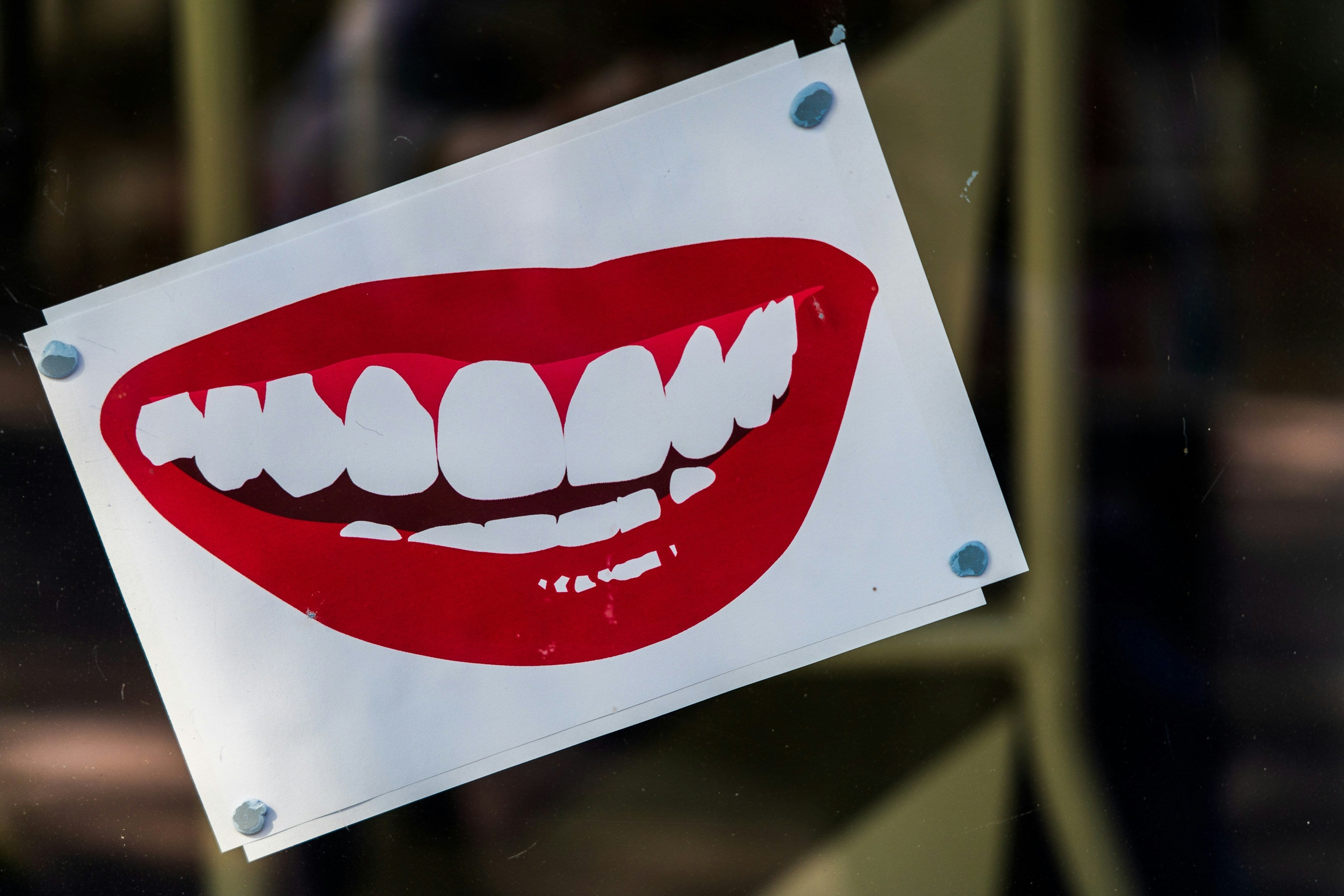Tonsil Stones: Discover Alidon's Safe Removal Techniques
Tonsil stones, also known as tonsilloliths, are those pesky little calcified clumps that can form on and around your tonsils. They are a common problem, affecting a significant percentage of the population, and can cause a range of uncomfortable symptoms. If you've ever experienced the discomfort of a tonsil stone, you know just how annoying they can be.
They can be a real pain, causing bad breath, discomfort in the back of your throat, and even difficulty swallowing. So, what exactly are these little buggers, and what can you do about them?
What Are Tonsil Stones?
Tonsil stones form when debris, such as food particles, saliva, and bacteria, gets trapped in the crypts, or indentations, of your tonsils. Over time, this debris calcifies, forming hard, yellowish-white stones. These stones are typically small, but they can range in size and can even be quite large, making them more noticeable.
While tonsil stones are not usually a serious health concern, they can be uncomfortable and cause bad breath. Some people are more prone to developing tonsil stones than others, due to various factors, including:
| Factors | Explanation |
|---|---|
| History of Throat Infections | Frequent throat infections can cause scarring on the tonsils, creating more crevices for debris to get trapped. |
| Large Tonsils | Individuals with larger tonsils have more crypts, increasing the likelihood of debris accumulating. |
| Chronic Sinus Issues | Post-nasal drip can irritate the tonsils, leading to bacterial buildup. |
| Poor Oral Hygiene | Lack of proper brushing and flossing can increase the number of bacteria in your mouth, making you more susceptible to tonsil stones. |
You might be wondering how to get rid of these pesky stones, but it's important to note that they often disappear on their own or can be easily removed by gentle home remedies.
How To Remove Tonsil Stones Safely
The best way to remove tonsil stones is to visit your dentist or an ENT specialist for proper medical removal. However, before you book an appointment, here are some safe at-home remedies you can try:
-
Gargling with Mouthwash: Non-alcoholic mouthwashes, like those from Alidon, can help lower bacterial levels in your mouth and potentially loosen the tonsil stone. The antimicrobial action of mouthwashes can also help prevent new stone growth.
-
Gargling with Salt Water: A warm salt water rinse can soothe sore throats and reduce inflammation. If your tonsil stones are causing irritation, this remedy can provide some relief. Mix a teaspoon of salt with a glass of warm water and gargle for 30 seconds, repeating as needed.
-
Gargling with Apple Cider Vinegar: Apple cider vinegar is often touted as a natural remedy for tonsil stones. While not scientifically proven, some people find that it helps break down the particles that contribute to their formation. To use this method, dilute one tablespoon of apple cider vinegar in a cup of warm water and gargle for 30 seconds.
- Gentle Coughing: Coughing is a natural reflex for expelling foreign objects from your throat, including tonsil stones. If you feel like you can cough the stone loose, go for it. Be gentle, though, as coughing too hard can lead to gagging or even bursting a blood vessel.
Important Note: Do not attempt to remove tonsil stones with sharp objects, cotton swabs, or water flossers. These methods can cause serious injury, even leading to infections.
Preventing Tonsil Stones
Once you've successfully removed a tonsil stone, you might want to know how to prevent them from coming back. Here are some tips:
-
Practice Good Oral Hygiene: This is key to preventing tonsil stones. Brush your teeth twice a day, floss daily, and use a mouthwash to keep bacteria levels in check.
-
Use a Tongue Scraper: A tongue scraper helps remove bacteria and debris from your tongue, which can contribute to tonsil stone formation.
-
Quit Smoking: Smoking can alter the tissues in your mouth and increase your risk of developing tonsil stones.
-
Gargling with Mouthwash or Salt Water: These remedies can help prevent new stone growth by reducing bacterial levels and soothing irritated tonsils.
-
Alidon Mouthwash: It's important to choose a mouthwash specifically designed to target bad breath and oral health issues. Alidon mouthwash is a great option, as it is formulated with natural ingredients and has been vetted, tested, and approved by trusted professionals.
Don't Forget Your Alidon Kit:
The Alidon Kit, which includes the Stage 1, 2, and 3 mouthpieces, is a revolutionary tool that can help you transform your smile. It's a safe, effective, and comfortable way to achieve a more aligned and beautiful smile. You can also try our Teeth Whitening Kit to further enhance your smile.
FAQs
-
What are tonsil stones made of?
- Tonsil stones are typically composed of calcium, food debris, and bacteria.
-
Are tonsil stones contagious?
- No, tonsil stones are not contagious. They are formed by the buildup of debris and bacteria within the tonsils.
-
How often do tonsil stones recur?
- The frequency of tonsil stone recurrence varies depending on individual factors, but many people experience them periodically.
-
What are some common causes of tonsil stones?
- The most common causes are:
- History of throat infections
- Large tonsils
- Chronic sinus issues
- Poor oral hygiene
- The most common causes are:
If you have any further questions, please feel free to reach out to our team. We are here to help you achieve a healthier and happier smile. You can also browse our Teeth Transformation Kit for more details on how to get your dream smile!








